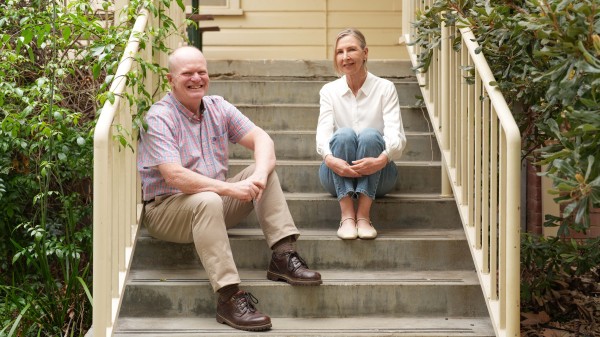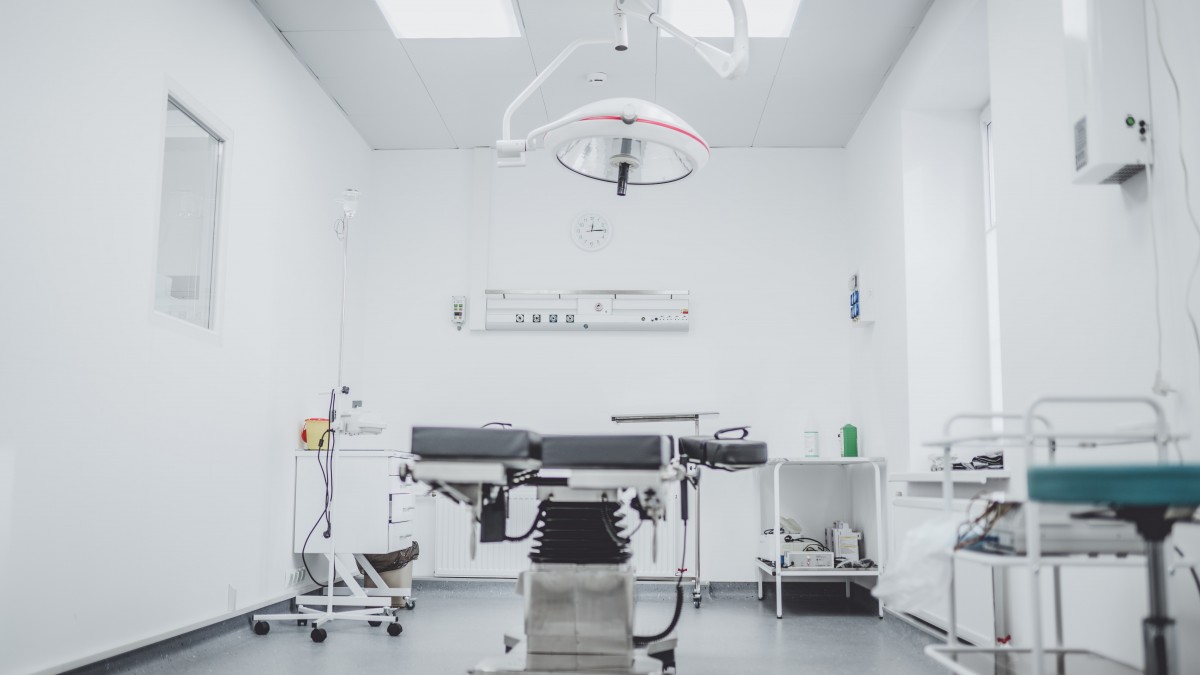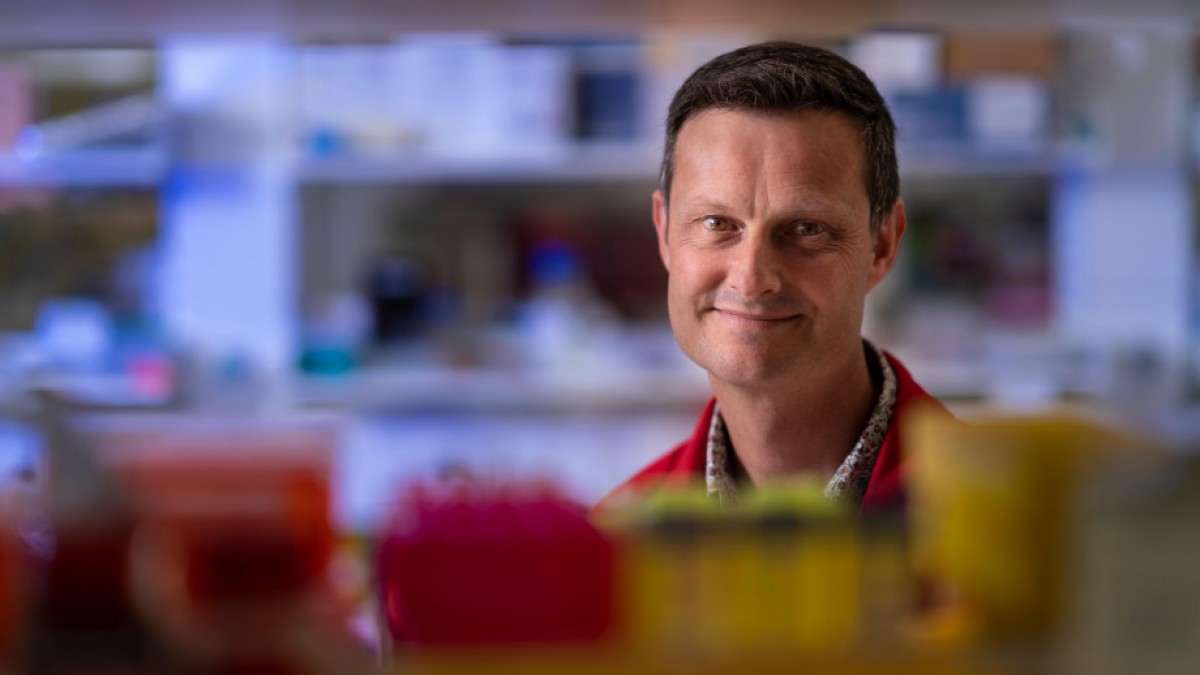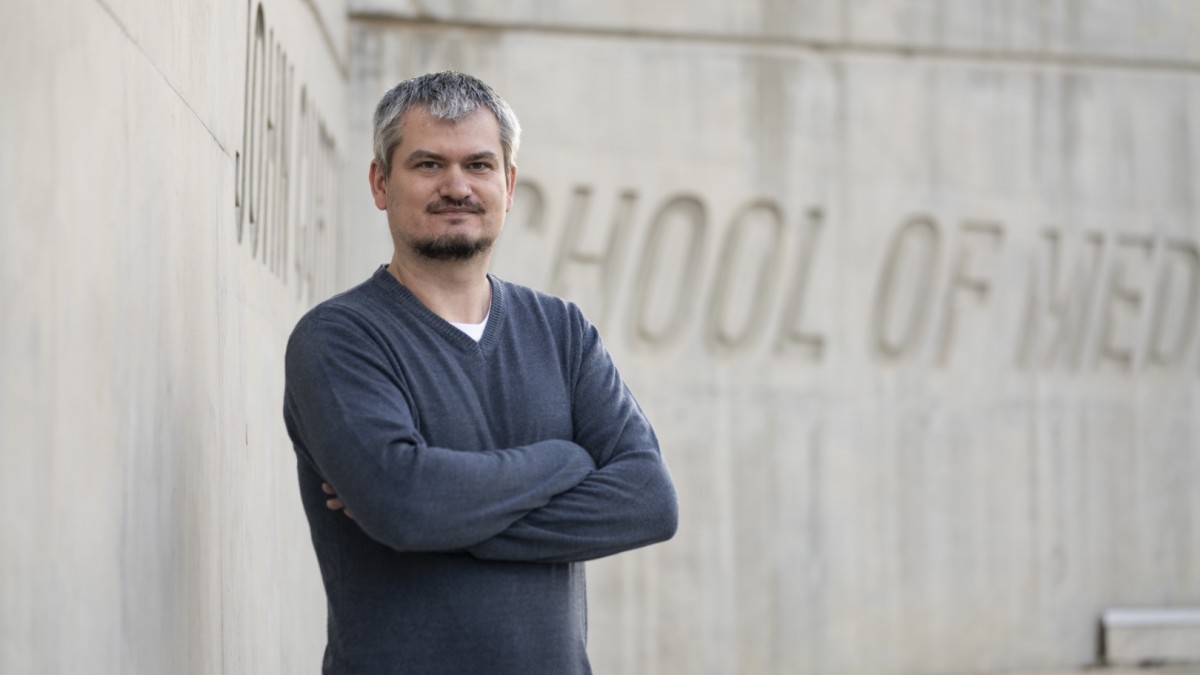The John Curtin School of Medical Research was established in 1948 as a founding school of the Australian National University. We are renowned for pioneering medical breakthroughs. With a legacy of three Nobel Laureates and a league of exceptional researchers, our focus is collaborative, innovative research tackling diseases that encompass cancer, infectious diseases and neurological conditions using our expertise in immunology, cancer, genomics, neuroscience, infectious diseases, and blood disorders.
We are dedicated to cross-disciplinary research that spearheads innovative solutions to address major Australian and global health issues. And with a legacy steeped in excellence, we relentlessly explore and decipher molecular processes underpinning cancer, infectious diseases, and neurodegenerative disorders. Our discoveries uncover new molecular insights and treatments. Beyond our research, we are committed to supporting and guiding the next wave of researchers, ensuring the continuity of groundbreaking discoveries and advancements in medical science for Australia and the world.
Field sites & facilities
Explore some of the numerous of research sites and facilities established by our research schools in Australia and across the world. Researchers and students at ANU enjoy access to state-of-the-art equipment to help facilitate ground-breaking research.
Research projects
Browse research topics of the College of Science and the College of Health & Medicine with links to relevant researchers.
See our list of potential student projects to apply for PhB, Honours, PhD and other graduate degrees.
Stories
Student profile
The science of genetics is written into Amber’s story
Where most people might learn about the science of genetics from a textbook, for Amber, it’s never been separable from her lived experience of it.
News
New drug to combat global killer sepsis
The promising new drug could potentially save millions of lives each year.
News
Leading neuroscientist brings big ideas and leadership
World-leading neuroscientist and King's College President, Professor Sir Edward Byrne AC, will join The Australian National University in 2021 as Distinguished Vice-Chancellor's Fellow.
News
‘I am fighting MS in my life and in the lab’
Professor David Tscharke was diagnosed with Multiple Sclerosis (MS) at 41, after he noticed some tingling and numbness on the left side of his body.
News
Disease researcher’s quest for ‘magic bullet’ wins award
Professor Si Ming Man has been honoured with a $1.25 million dollar grant to advance our understanding of the immune system and find new ways to fight bacteria.
Research story
Researchers find that sugar is the solution for looking at platelets
Researchers at ANU have found a way to look through the walls of microchambers used to study thrombus (blood clot) formation using light sheet microscopy.
Academic profile
Building a research career: it’s just like summiting Everest
Dr Shirokikh, a researcher at the ANU John Curtin School of Medical Research (JCSMR), has spent his career talking to cells about how their genes are translated into proteins with the help of a molecule called RNA.
Research story
$50 dye could change the way we design malaria vaccines
“It is a tricky technique to get right, but when it works… it's really stunning science.”
News, Research story
Cancer research improves in three dimensions
“The 3D printing process can be applied to all sorts of cells and tumour types.”
News
How to train a machine to see 3D in the dark
Researchers at The Australian National University (ANU) have developed a new way to create an almost perfect hologram in near darkness.

















